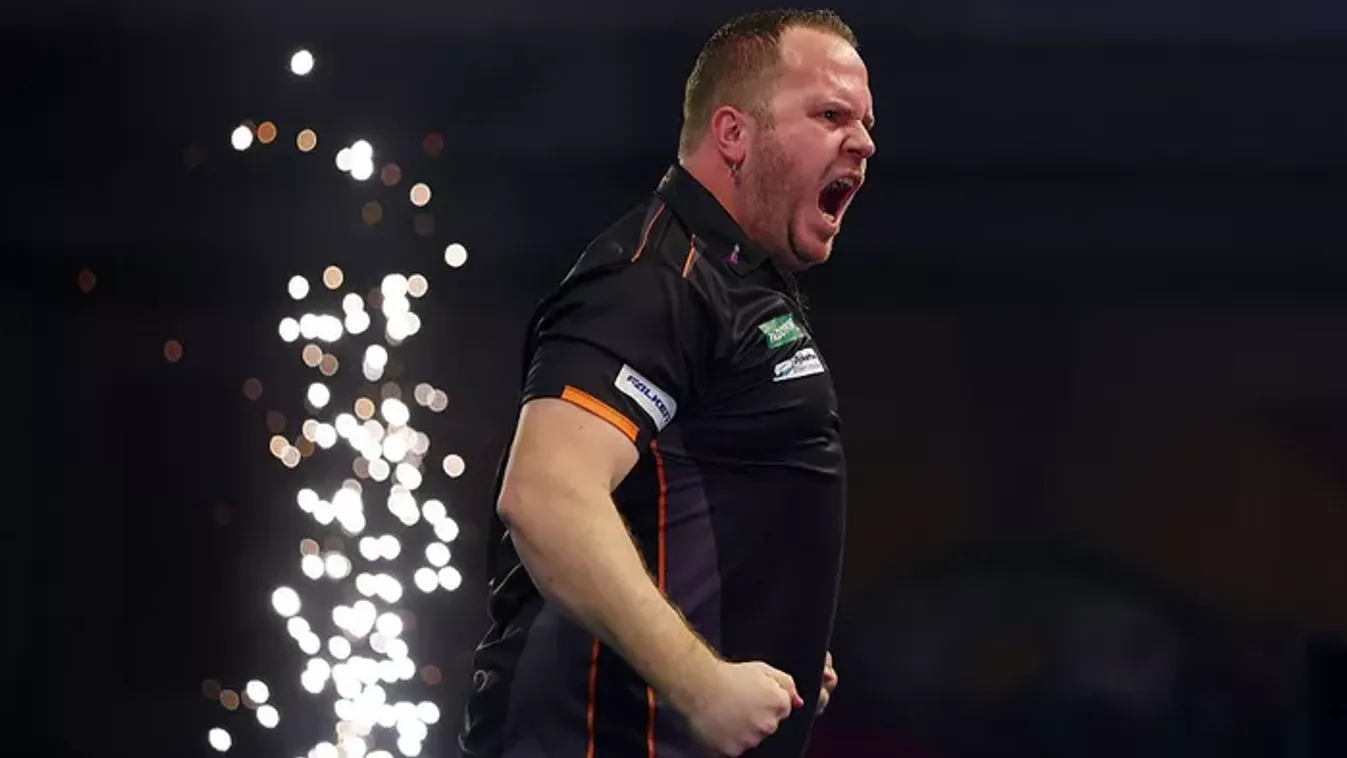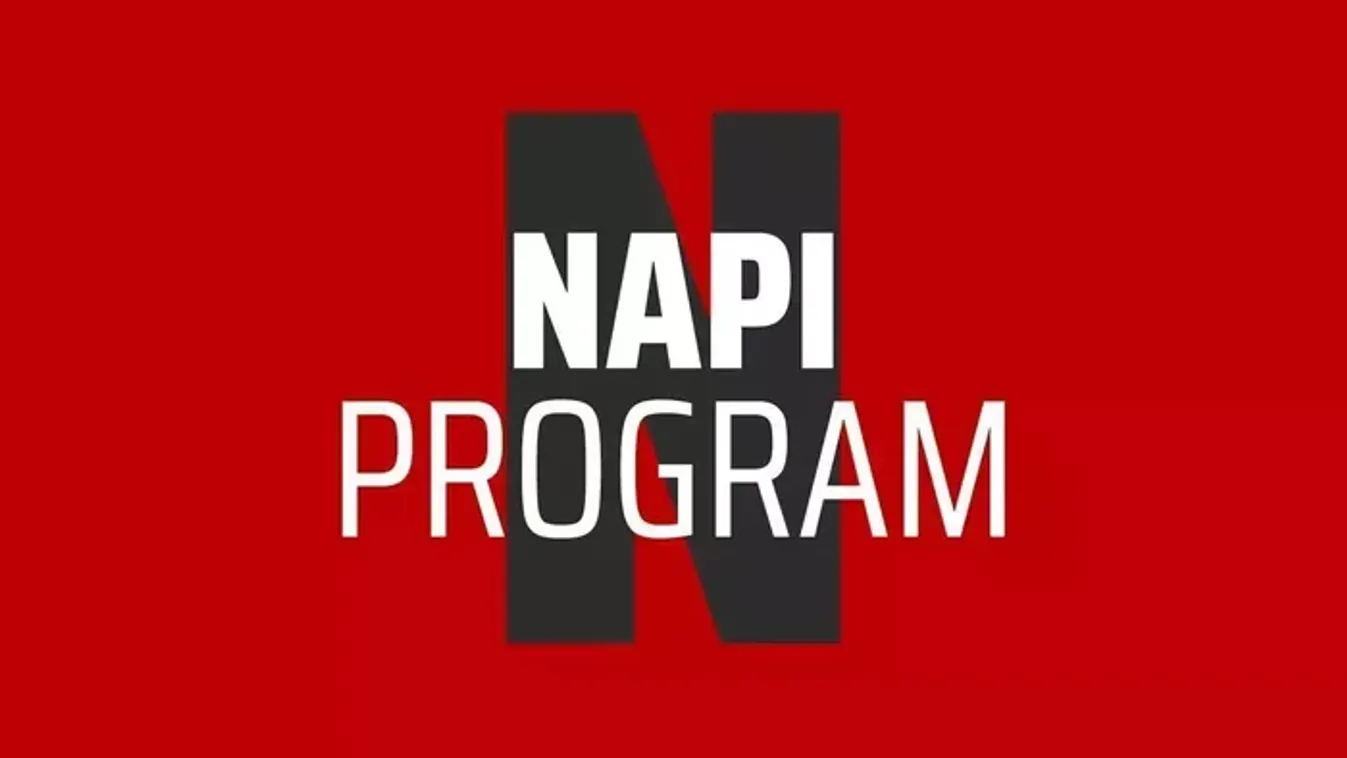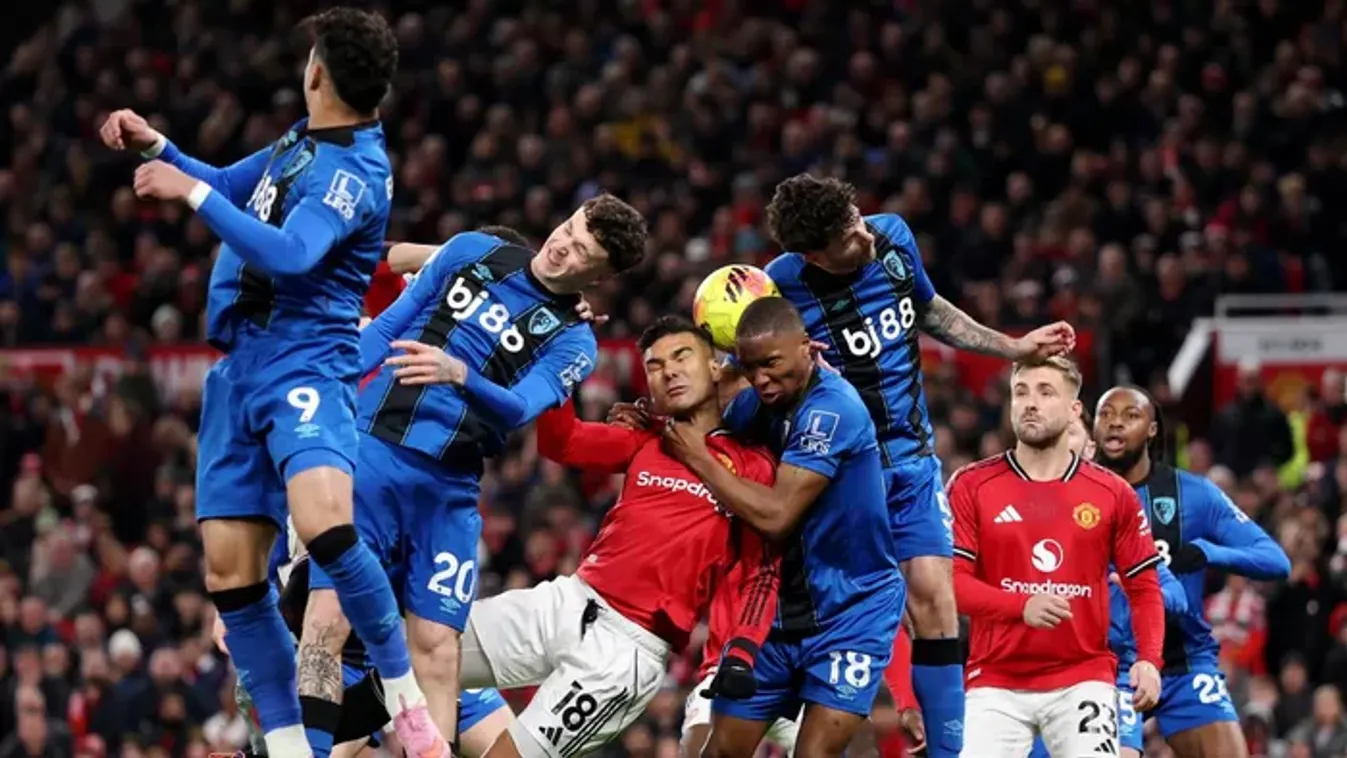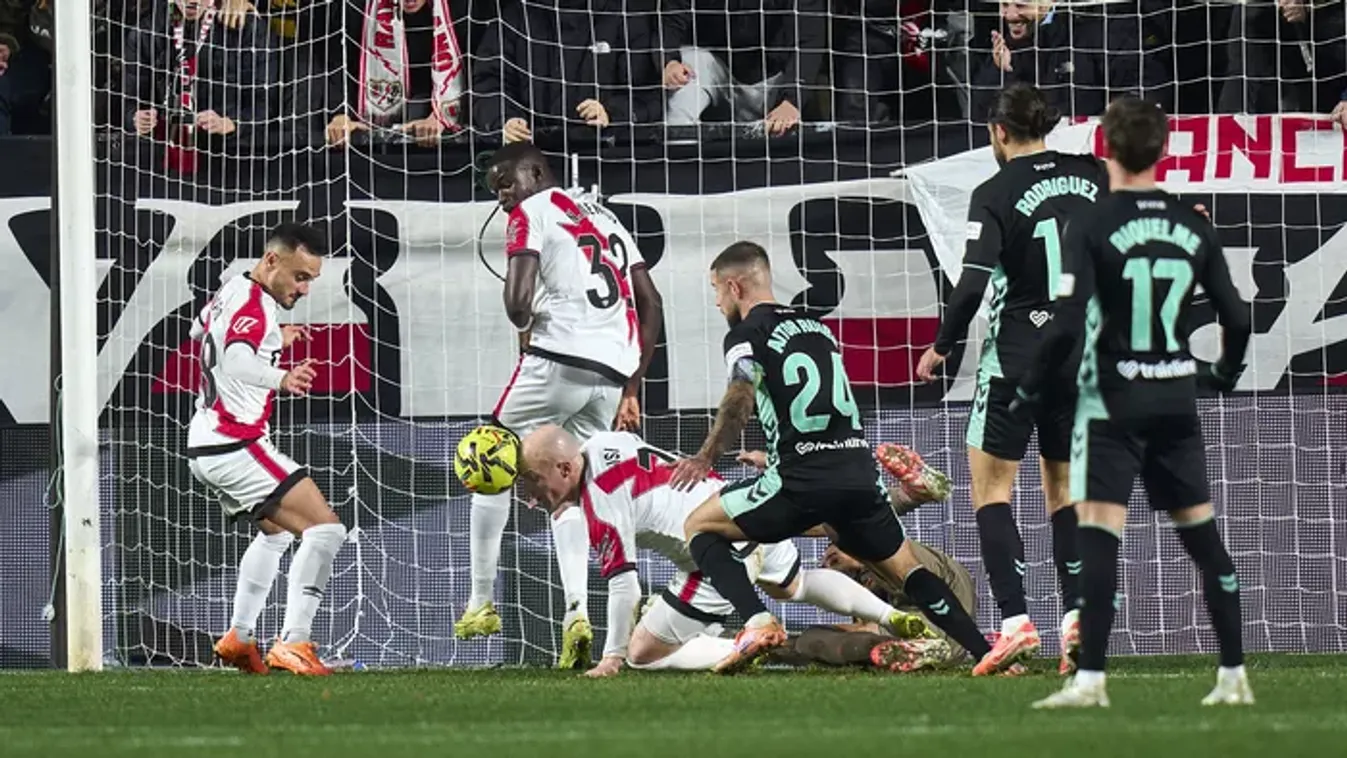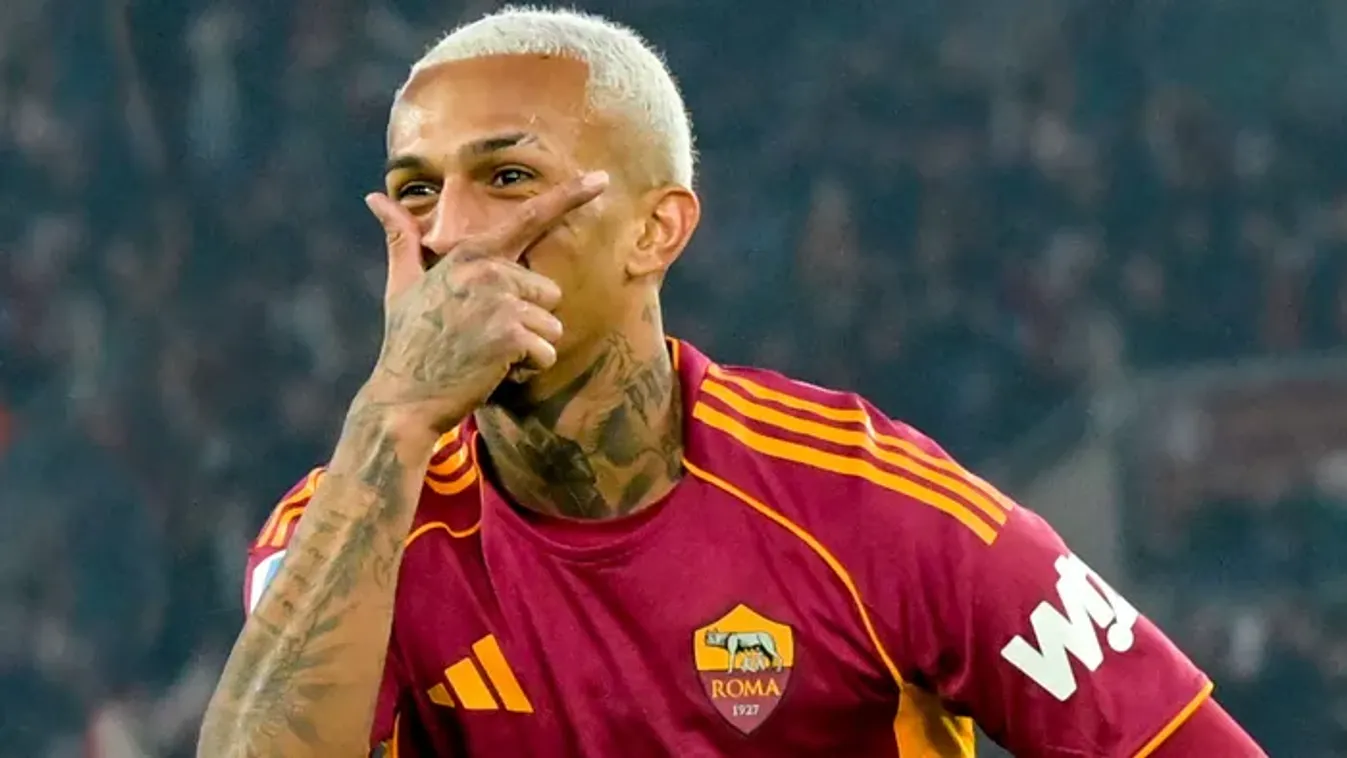Ádám Schmidt: Once you are in a privileged position, you have to perform well
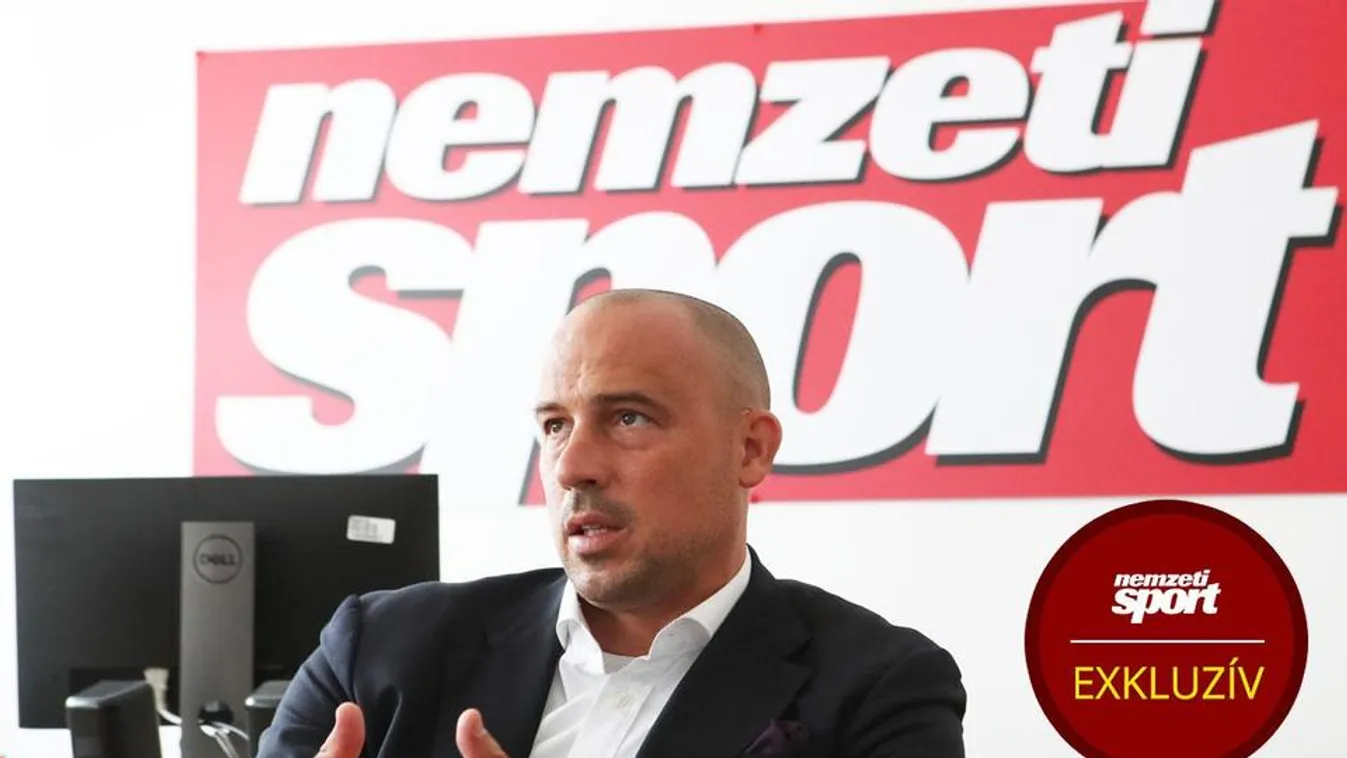
– You've probably been to a lot of places in the last few weeks, but I'm sure you haven't been to an editorial meeting yet.
– It was interesting, and I am glad to meet the colleagues working here. Hungarian sports is also in a good position from the point of view of the fact that there is a sports daily that provides sports lovers with up-to-date news and background information. I am a long-standing reader of yours, I received a Nemzeti Sport subscription as a gift for my eighth birthday.
– You've recently taken over the Secretary of State for Sports which is a department of the Ministry of Defense. Since sports remain a strategic sector, has it not been raised to set up an independent ministry of sport?
– How the government is structured is decided solely by Prime Minister Viktor Orbán, which is part of the government strategy he developed. I would not consider it bad that sports is at the level of secretary of state. Efficiency does not depend on this, but rather on those who work at the organization. Based on the last five weeks, I see that we are in a particularly good place at the Ministry of Defense; Minister Kristóf Szalay-Bobrovniczky is open to sports. It is an honor for me to serve Hungarian sports as Secretary of State for Sports.
| Education: lawyer, attorney (graduated from the Faculty of Law of Péter Pázmány Catholic University in 2004 and passed the bar in 2008) Sports-related positions: MOB's Legal Director (2008–2011), lawyer for several sports organizations (2011–), Chief Advisor for sports affairs at the Cabinet Office of the Prime Minister (December 2020-May 2022), Secretary of State for Sport at the Ministry of Defense (May 25, 2022 – present) He is married to Katalin Kovács, a three-time Olympic champion spring canoer. They have two children, Luca and Júlia. |
– An important component of efficiency is how much money they can manage. In the coming cycle, what can Hungarian sports expect in this regard?
– Negotiations are still ongoing, and the parliament is expected to adopt the budget in the mid-to-last third of July, so it would be irresponsible to talk about specific figures for the time being. However, I am very confident. Let me add though that money is indeed important, it's not an exclusive element of the effectiveness of sports governance.
– How else would you like to be judged?
– For example, I hope that those working in sports will feel the constant communication and that we will respond quickly to any suggestions. Of course, not always in a supportive way, this is already a matter of sports experts, but they should know that there is an interactive relationship between sports leaders and the State Secretariat. We want to make the work of associations and organizations more predictable by making them aware of the budget for the next year in the last two months of the year. We will also reduce bureaucracy and will create a state-owned background institution, which will have an explicit mission to make efficiency felt in everyday life.
– What will be the exact task of this background institution, and who will lead it?
– As negotiations are still ongoing, and there are no signed contracts, I cannot comment on this yet. For sure, we will designate three main areas: the first is competitive sports and sports experts, the second is the organization of sports events, and the third is the development and operation of facilities. In the last twelve years, there have been historically outstanding infrastructural developments in Hungary, and in the next period, we will focus on operating them as efficiently as possible, partly in regard to the current economic situation.
– When is the secretary of state going to operate as you and your staff imagined?
– Since, in addition to the transformation, we are also dealing with the ongoing daily affairs, I think that the entire state secretariat staff, together with the background institution, can be set up by the end of the year. I would like to start the year 2023 according to the new structure.
– The working relationship with the Hungarian Olympic Committee has changed after the 2016 Olympics in that a significant part of the tasks has been transferred to the Secretary of State for Sport, and there will still be no change in this. How do you see the two organizations cooperating in the future?
– First, there was a rearrangement after the change of government in 2010 in which I participated as MOB's legal director. Then, after the 2016 Olympics, the reorganization took place. Since I am the considering progressive type, I wouldn't rush into this matter either. The current legislation determines the duties of the State Secretariat and MOB, as well as the other three public bodies. Now, we would like to go on this path, of which one of the first signs was being in substantive discussions with the management of MOB in recent days. If they can make use of the proposal that the law provides for them, we will make a big step forward. If it is required to be changed, we will consider the options.
– Can a new MOB headquarters be part of the renewed cooperation?
– In this matter, the fact that the government has decided that a cap on investment cannot be ignored. I am very committed to MOB, and I think it should be supported to have a headquarters worthy of the past and present of the Hungarian Olympic movement. The joint brainstorming with President Zsolt Gyulay has already begun, and I hope that by the end of the term, we will reach the point where the design of the new MOB headquarters will be in an irreversible state.
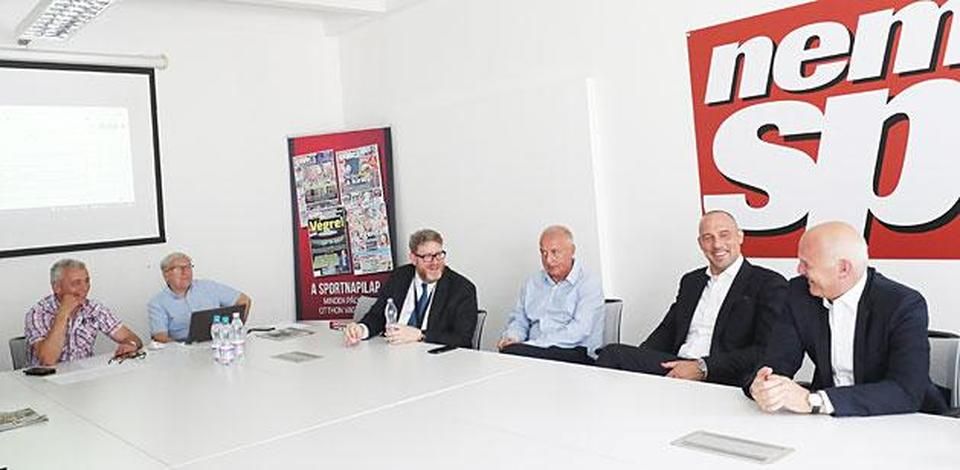
– Since it has been a strategic sector, much more money has flowed into Hungarian sport than before. However, the efficient use of the support and the lack of accountability have been criticized. What changes can we expect in this area?
– We want to introduce a new control system, which is our common interest. If we support sports with taxpayers' money and do not want the level of support to be reduced, then it is a legitimate expectation that we want to see the path of every penny spent on sports, who and what it is used for, be it direct state aid or TAO money. I'm committed to that. This is one of the biggest challenges of the four-year period ahead.
– The sports development program is also a recurring topic. The scope of the sports included here has hardly changed, although this would have been reasonable in several cases due to underachievement or outstanding performance…
– I was commissioned as the chief advisor to the Prime Minister to check the sports development program of the past eight years with a six-member committee and based on the impact study carried out there, I consider it reasonable to have second thoughts about the program. Of course, we also involve the sports federations in the substantive phase of the work, so that they don't learn about the decision by a detour. The aim is to create a competitive situation, in accordance with the Olympic cycle, it will be possible for federations to get into the program and fall out of it. It is true for all sports: once you are in a privileged position, you have to perform well.
– In addition to the success of elite sports, is there any capacity left for young athletes?
– In competitive sports, our goal remains to preserve our previous success, as Hungary is a real sports nation. At the same time, however, we would like it to be a sporting nation. In Hungarian society, we need to promote lifelong sports even more, increase the retaining power of sports, and make sure that the majority of the population does not stop doing active sports in their young adulthood. And speaking of young people, we want to further expand the basic sports categories. Swimming is in an exceptional situation thanks to the "Every child should learn to swim" program, but in addition, gymnastics and athletics should also play a prominent role in everyday physical education.
– From time to time hosting the Olympics is on the table. Do you find it realistic?
– It is worth preparing for this mentally and from a sports expert's point of view. Hungary is on the right track. By hosting the World Athletics Championships next year, we have hosted all the grandiose events, excluding the Artistic Gymnastics World Championships, that put Hungary on the list of potential candidates. Since this is not possible before 2036, there are no specifics at this time, but we must do everything possible to ensure that this event, which I believe will bring great glory to all Hungarians, will come to Hungary one day.
– It has already been said that a sports museum is in the works.
– Yes, this is an old debt, which is time to remedy even in this difficult situation. The sports museum has a mission, it is not possible to address the current generation without having a house for Hungarian sports that is appealing to all ages. I am working on laying the foundation stone in the first quarter of 2024.
– So, will our successes at the Paris Olympics be the museum's latest "pieces?"
– I hope that this will be the case, as this would mean that the museum will be completed in the next cycle, and on the other hand, there will be great Hungarian successes in Paris.
| "Fifteen years ago, it was a huge honor to host an outstanding event, but since then, we have proven a lot and many times in organizing, infrastructure, and in the fact that Hungarian sports lovers and savvy fans fill the stands. Today, we are at the point where the international federations are contacting us to see if we would be the hosts of this or that competition. It is also necessary to take into account where Hungarian success is expected. If we think only of the World Aquatics Championships, the atmosphere in the Duna Aréna was quite different when Kristóf Milák swam than when Katie Ledecky did. In the future, before such a competition, we will examine the possibility from the sports experts' point of view, national economy, and sports diplomacy, and the government will decide on the support in principle based on the result. And in case of positive feedback, we are planning a budget that I hope will not have to be changed in the future. It was painful for many that we withdrew from hosting next year's Ice Hockey World Championships – the federation wanted it, and I supported it even as a senior advisor to the Prime Minister, it was also unquestionable from a sports professional's point of view, but the stars just didn't align. Perhaps it would have been different if there had been no war situation and the formation of the government. For my part, I am working towards the future ice hockey world championships in Hungary." |

